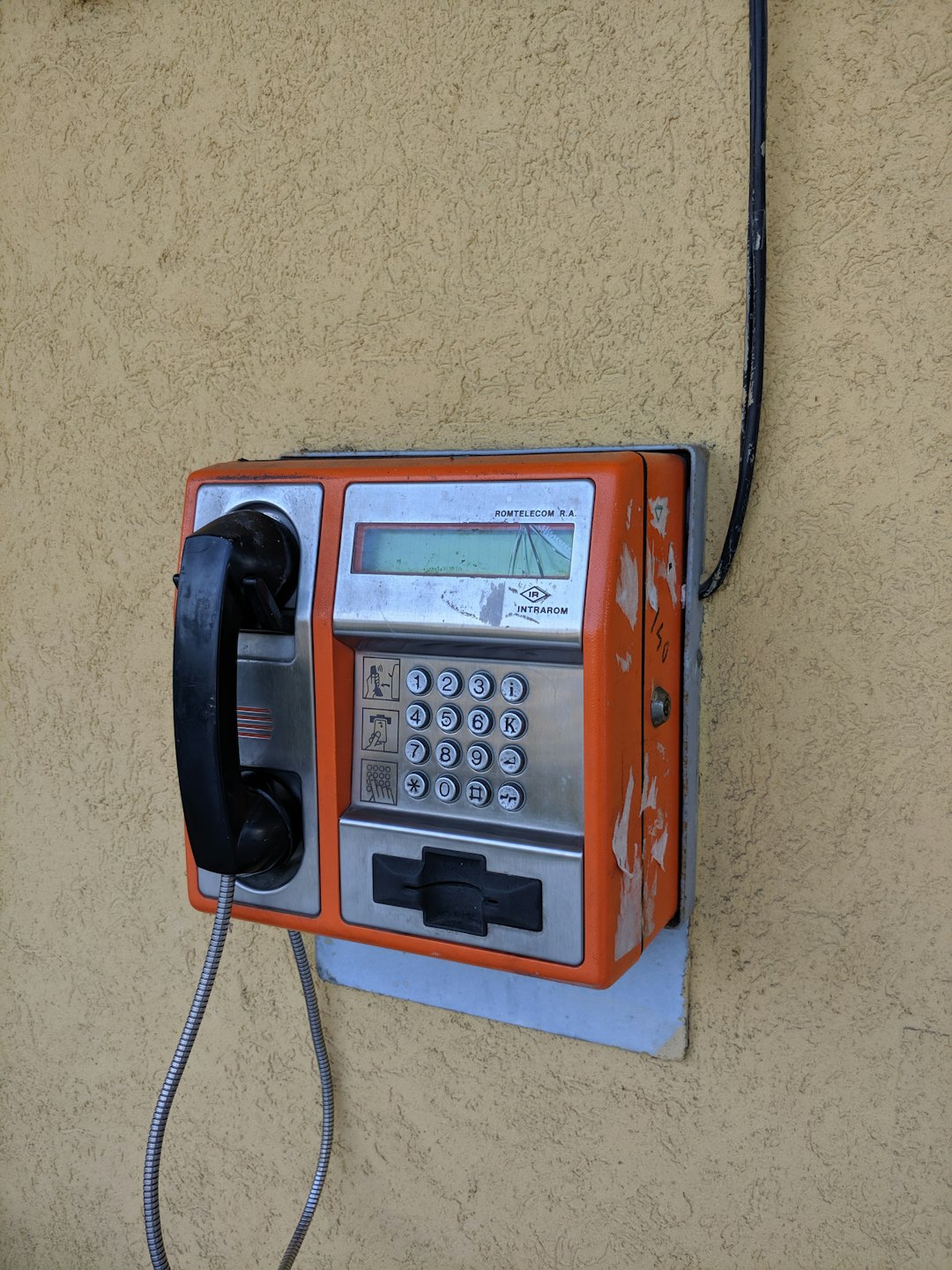Robocalls from robocall law firms in Utah pose a double-edged sword for civic engagement, potentially stimulating political interest or causing annoyance and apathy. While these automated calls can disseminate important information, their frequent use may overwhelm residents, leading to desensitization and decreased participation. Balancing regulation is crucial to protect Utah's democratic spirit while empowering residents to identify and report intrusive robocalls through education and stricter laws. Collaboration between authorities, telecoms, and consumer protection agencies is key to addressing this growing concern in the digital age.
In the digital age, robocalls have become a ubiquitous yet often nuisance aspect of daily life. This article delves into the specific impact of robocalls on civic engagement and participation within Utah. We explore how robocalls, particularly those emanating from law firms, are exacerbating communication issues and hindering democratic processes. By understanding the psychological effects of unwanted calls, we can develop strategies to combat these challenges, fostering a more inclusive and effective political landscape in Utah and beyond.
Understanding Robocalls and Their Impact on Utah Residents

Robocalls, automated phone calls often used for marketing or political purposes, have become a ubiquitous part of modern communication. In Utah, as in many other states, residents are frequently contacted by robocall law firms seeking to promote legal services or gather support for various causes. While some see these calls as an efficient way to reach a large audience, others find them intrusive and annoying. The impact of robocalls on civic engagement is a topic of growing interest, especially with Utah’s strong tradition of grassroots activism.
In the context of Utah, where political participation is generally high, robocalls can either motivate or deter residents from engaging in democratic processes. On one hand, they might encourage citizens to learn more about legal issues or political campaigns. On the other hand, excessive or unwanted robocalls can lead to apathy or frustration, causing individuals to tune out altogether. Understanding this delicate balance is crucial, as Utah’s elected officials and community leaders navigate how to regulate robocall law firms while preserving the state’s vibrant democratic spirit.
The Rise of Law Firm Robocalls in Utah: A Growing Concern

In recent years, Utah has witnessed a significant surge in automated phone calls from robocall law firms, leaving many residents concerned about their privacy and the potential impact on civic engagement. These pre-recorded messages, often promoting legal services or claiming to be from government agencies, have become increasingly prevalent, especially during elections. While some may view them as harmless marketing tools, the frequent nature of these robocall law firms in Utah has sparked discussions about their influence on local political participation.
The proliferation of robocalls targeting Utah residents raises questions about information overload and the potential distraction from meaningful civic dialogue. With the ease of automated calling systems, law firms can reach a vast audience in a short time, but this method may also contribute to voter apathy or misinformation. Understanding how these robocall law firms manipulate communication strategies is crucial for Utah citizens to discern credible information, especially during critical political periods, ensuring their voices are heard and decisions are informed.
How Robocalls Detrimentally Affect Civic Engagement

Robocalls, particularly those originating from law firms in Utah, have been a growing concern for citizens and civic leaders alike. While their purpose may be to inform or persuade, these automated calls often have a detrimental effect on civic engagement. Many recipients report feeling annoyed, frustrated, or even ignored, leading to a decrease in the likelihood of them participating in future elections or engaging with local issues.
The constant deluge of robocalls can create a sense of apathy and desensitization among Utah residents. With numerous calls from unknown sources, including law firms promoting their services, people may begin to tune out important civic messages, assuming they are merely another intrusive marketing call. This attitude hinders community involvement and makes it challenging for organizations to mobilize citizens around shared goals and values.
Exploring the Psychological Effects of Unwanted Calls

In the age of digital connectivity, robocalls have become an increasingly common aspect of our daily lives. While many Utah residents appreciate legitimate calls from banks or government agencies, the rise of unsolicited phone marketing, often disguised as robocalls, has a significant psychological impact. These automated messages, frequently promoting law firms and their services, can evoke feelings of annoyance and frustration among recipients. Research suggests that frequent unwanted calls can contribute to heightened stress levels and even lead to a desensitization towards communication from genuine sources.
The effect of robocalls on civic engagement is twofold. On one hand, they may deter individuals from participating in political processes due to the intrusive nature of these automated messages. On the other hand, when used responsibly by law firms adhering to Utah’s robocall laws, they can serve as a quick and efficient method to disseminate important information, potentially enhancing civic engagement if the content is relevant and respectful of recipients’ time and privacy.
Potential Solutions and Strategies to Combat Robocall Issues

To combat the growing issue of robocalls and their potential negative impact on civic engagement, several strategies can be employed. One effective approach is to educate Utah residents about recognizing and reporting robocalls. Many robocall law firms exploit unfamiliarity with automated calls, so empowering citizens with knowledge about common tactics used by these firms can help identify and stop such calls. Public awareness campaigns, in collaboration with local government and telecommunications companies, can play a vital role in this education process.
Additionally, implementing stricter regulations and enforcing existing laws against robocall law firms can significantly reduce the problem. Utah’s legal framework already provides measures to combat unsolicited calls, but enhanced enforcement and more stringent penalties could act as deterrents for these firms. Collaborative efforts between state authorities, telecom providers, and consumer protection agencies can ensure that residents are protected and that aggressive robocalling practices are effectively addressed.






